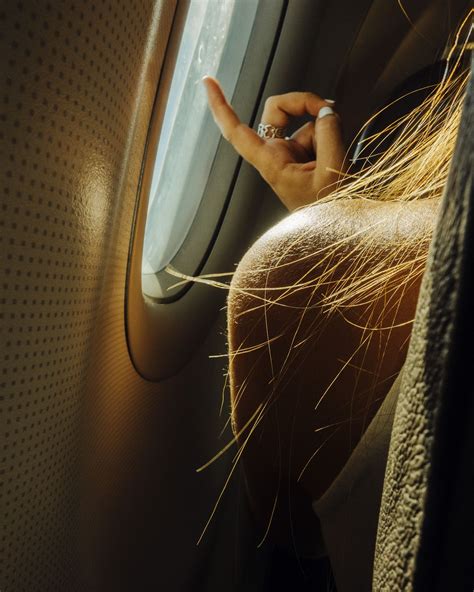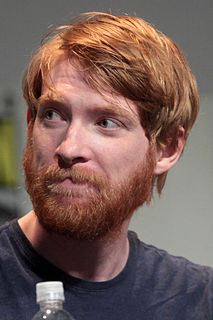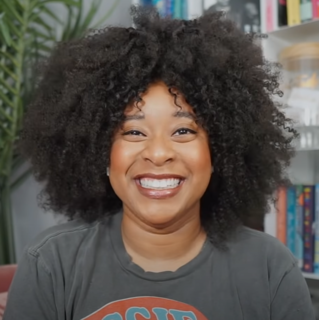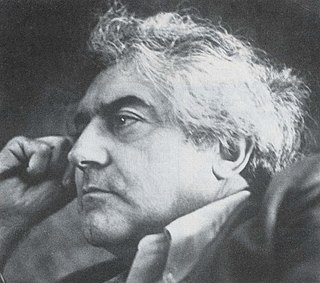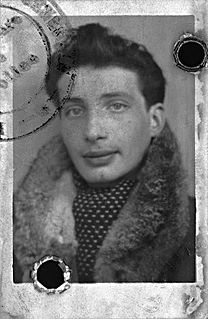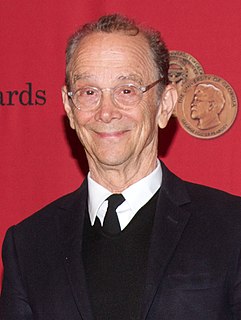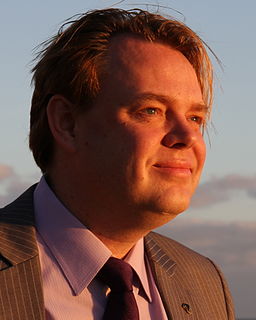A Quote by Christopher Anderson
I fell into this thing by accident. I was never supposed to be a photographer.
Quote Topics
Related Quotes
A photographer is a witness. He has a moral duty. Every picture must be true and honest. I believe a photographer's strength is his ability to accurately record reality. There are photographers who think they are lucky if they find unusual or special subject. But it is never the subject that is so marvelous. It is how alive and real the photographer can make it.
I traveled the world ten times over doing something I never thought I'd do in a million years. I found myself in Tokyo, Japan. I (was in) a Dell Computer commercial, the first thing I had ever done, and I fell in love with it. I fell in love with the green screens, I fell in love with (everything). The translator was explaining everything to me. It was a passion like I had never felt before. I came back and it took me five years to really accept that that was okay.
I think, when you're a young composer, you're told constantly that what you're supposed to do is figure out what your voice is. "What is your thing supposed to sound like?" You know: "What's the thing you do," that everyone can recognizably tell from a long distance is you and then you're supposed to be in search of that marker and you're supposed to find it and you're supposed to live there for the rest of your life. And it seemed to me, from a young age, that was what I was encouraged to do. You find a sound and that's your sound! That's what you do.
I never intended to write poems, nor to be a photographer, nor to be a film-maker. I just took many, many pictures and I would put them in an album, and then some years later I decided to show them and suddenly I was called a photographer. Same thing with my poetry. They're notes that I'd written in a book and it may be considered poetry.
